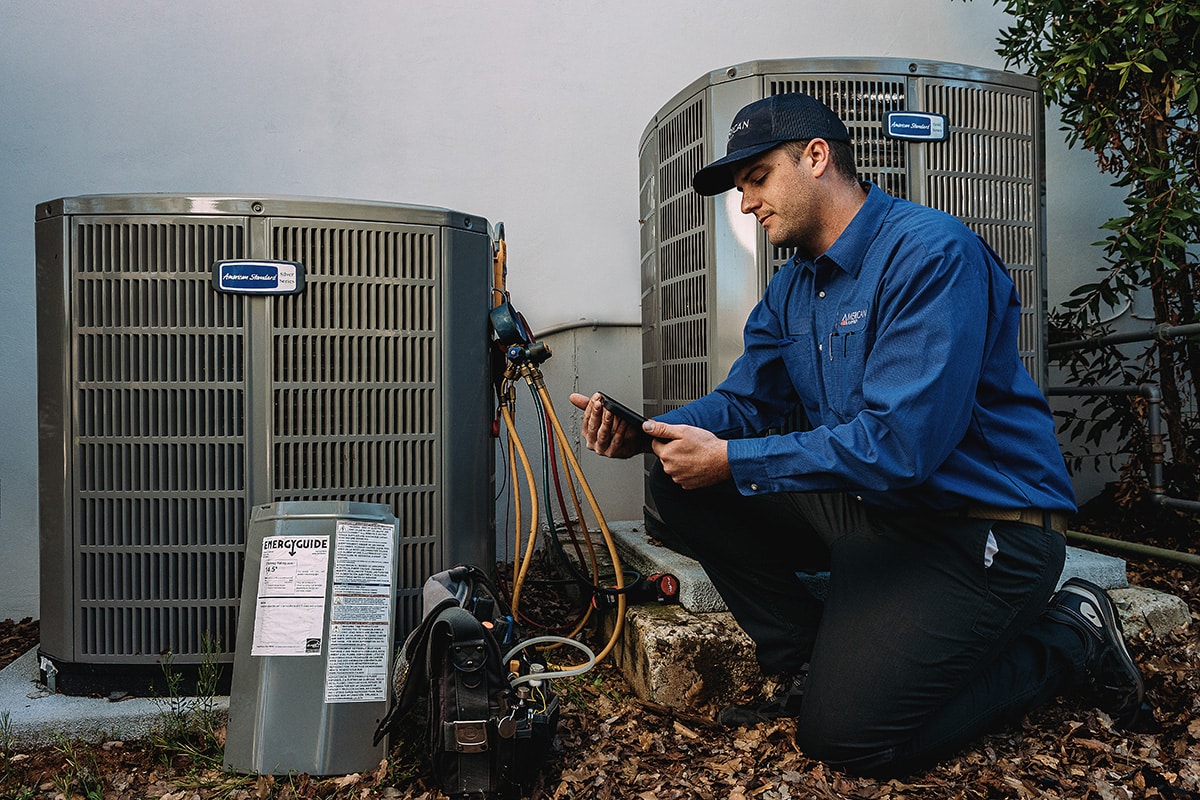
Comparing Heating Systems: Expert Advice for Loomis Homeowners

Introduction
Home heating is a critical component of maintaining comfort, safety, and energy efficiency in any residence. Loomis homeowners need to understand the various heating systems available to make an informed choice that suits their needs and budget. In this comprehensive guide, we will delve deep into the different types of heating systems, highlighting their advantages and disadvantages, as well as offering expert advice from seasoned HVAC professionals. Our goal is to empower you with the knowledge needed to select the right system for your home while also considering factors such as maintenance, cost-efficiency, and environmental impact.
Comparing Heating Systems: Expert Advice for Loomis Homeowners
When it comes to Furnace and heating contractors near my home choosing the perfect heating system for your home in Loomis, understanding your options is paramount. Not all systems are created equal; each type has its own set of features, benefits, and drawbacks. This section will provide a thorough comparison of the most common heating systems used today.
Types of Heating Systems Available
- A furnace operates by generating heat through combustion or electricity and then distributing it throughout your home via ductwork.
- Pros: High efficiency, suitable for larger homes.
- Cons: Requires ductwork installation; potential for gas leaks if not maintained properly.
- Heat pumps transfer heat rather than generate it directly. They can provide both heating and cooling.
- Pros: Energy-efficient; environmentally friendly.
- Cons: Performance can diminish in extreme cold temperatures.
- Boilers use water to produce heat which is then circulated through pipes or radiators.
- Pros: Even heating; less dust circulation than furnaces.
- Cons: Slower to heat up; requires maintenance of pipes.
- These are standalone units that convert electric energy directly into heat.
- Pros: Easy installation; no need for ductwork.
- Cons: Higher operating costs due to electricity prices.
- This system involves installing heating elements beneath the floor surface.
- Pros: Even heat distribution; enhances comfort.
- Cons: Expensive installation; slow response time.
Factors to Consider When Choosing a Heating System
Choosing the right heating system depends on several factors:
- Home Size and Layout
- Energy Efficiency Ratings (AFUE)
- Installation Costs
- Operating Costs Over Time
- Environmental Impact
What’s AFUE?
AFUE stands for Annual Fuel Utilization Efficiency. It measures how efficiently a furnace converts fuel into energy over a year. A higher rating means greater efficiency.
Energy Efficiency and Sustainability
Today’s homeowners are increasingly concerned about energy consumption Top HVAC repair services in my area and its effects on the environment. Here’s what you should know about energy-efficient options:
The Importance of Professional HVAC Services
Why Hire HVAC Professionals?
Heating systems require proper installation and regular maintenance to function optimally. DIY solutions might seem tempting but can lead to costly mistakes or unsafe conditions.
Services Offered by HVAC Technicians
Finding Reliable HVAC Companies Near You
When searching for "HVAC near me," consider looking for companies that have excellent reviews, offer warranties on their services, and have licensed technicians like American Energy Heat & Air.
Common Issues with Heating Systems
Understanding common problems can help you identify when it's time to call a professional for furnace repair or other HVAC services:
How Can You Troubleshoot Common Issues?
For minor issues like thermostat malfunctions or blocked vents, you may be able to troubleshoot yourself by checking settings or cleaning filters.
Maintenance Tips for Your Heating System
Regular maintenance prolongs the lifespan of your system while ensuring optimal performance:
Why Is Maintenance Important?
Proper maintenance can help avoid unexpected breakdowns during peak usage times, saving both money and discomfort.
Cost Analysis of Different Heating Systems
Budgetary considerations are essential when selecting a heating system:
| System Type | Initial Cost | Average Lifespan | Operating Costs | |-------------------|---------------|------------------|------------------| | Furnace | $2,500-$6,000 | 15-30 years | Moderate | | Heat Pump | $3,000-$8,000 | 15 years | Low | | Boiler | $3,000-$7,500 | 15-25 years | Moderate | | Electric Heater | $300-$800 | 10 years | High Residential HVAC service providers nearby |
Is Investing More Initially Worth It?
While upfront costs can be daunting, investing in high-efficiency models often leads to lower operating costs over time.
FAQ Section
1. What is the best heating system for my home?
The best system depends on your specific needs including home size, local climate, and budget constraints.

2. How often should I service my heating system?
Annual servicing is recommended to ensure safety and efficiency.
3. What signs indicate I need heater repair near me?
Signs include inconsistent temperatures throughout your home or strange noises coming from your unit.
4. Are there tax incentives for upgrading my heating system?
Many areas offer tax credits or rebates for upgrading to high-efficiency systems—check local regulations!
5. How long does a typical heating system last?
Most systems last between 10-30 years depending on type and maintenance practices.
6. Should I consider programmable thermostats?
Yes! Programmable thermostats can significantly increase energy savings by adjusting temperatures based on occupancy patterns.
Conclusion
In conclusion, selecting a heating system is more than just picking out equipment—it’s about finding the right balance between comfort, efficiency, cost-effectiveness, and environmental responsibility tailored specifically for you as a Loomis homeowner! From furnaces to radiant floor heating systems, each option has distinct pros and cons that should be carefully weighed against your unique circumstances.
Before making any decisions regarding installation or upgrades—consult with professional HVAC technicians who can provide personalized advice tailored specifically toward achieving optimal indoor climate control within your budget! Remember that regular maintenance plays an important role in preserving functionality over time—so prioritize those annual check-ups!
Whether you're looking at "heating and cooling near me" or seeking reliable "air conditioning repair services," always consider American Energy Heat & Air as your trusted partner in bringing warmth into every corner of your home effortlessly!